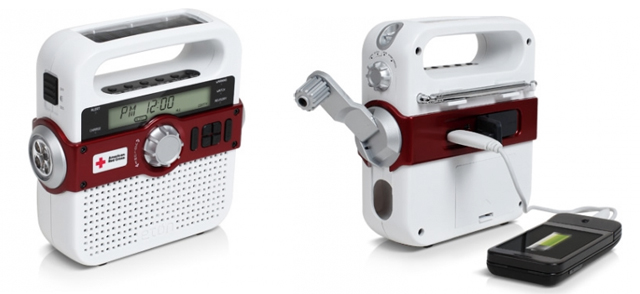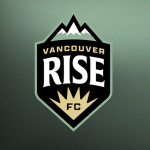72-Hour Emergency Preparedness Kit
Last night a 7.7 magnitude earthquake struck Haida Gwaii and led to tsunami warnings up and down the coast. Rolling aftershocks hit while everyone was looking for information about our coastal communities. Fortunately our warnings in our area were downgraded to ‘advisories’ however places like Hawaii were still on guard hours later in anticipation of a tsunami-like event, of whatever size.
Haida Gwaii earthquake spurs tsunami warnings in Hawaii; evacuations begin http://t.co/kCj59JH3
— Gillian Shaw (@gillianshaw) October 28, 2012
It’s times like these that make us think about preparedness. If you grew up in the Lower Mainland like me you’ve probably participated in drills for the last few decade but during my recent trip to the Canadian Red Cross’ Emergency Response Unit (“ERU”) practice facility, the idea of being prepared for a disaster scenario really hit home. In an emergency situation you want to be sure to have enough supplies for you and your family for 72 hours, packed away in an easy-to-carry container like a suitcase with wheels or a backpack.

Here is a list of recommended emergency kit items from the Canadian Red Cross:
- Water: During an emergency, tap water can become polluted or supply may be cut off. Store two litres of drinking water and two litres of water for washing per person, per day, keeping a 72 hour supply on hand for your family and any pets. Listen to public announcements about treating the water in your area after a disaster. Once per year, make use of your water supply and add fresh water to your kit.
- Food: Store at least a 72 hour supply of non-perishable food for each person. Select foods that are compact and lightweight, non-perishable and require no refrigeration, cooking, preparation or added water. Once per year, check the expiration dates of your food items. Ensure that there is enough for each member of your family.
- Manual can opener
- Crank or battery-operated flashlight, with extra batteries
- Crank or battery-operated radio, with extra batteries
- Extra keys, for house and car
- First aid kit
- Cash in small bills
- Special needs items – medications, baby formula and diapers, and equipment for people with disabilities. Learn more about plans for people with disabilities.
- Copy of your emergency plan
There is much more information available on the Red Cross’ website and during an event like this in the future, you can follow @EmergencyInfoBC on Twitter, the Government of BC on Facebook, and Emergency Info BC online. The City of Vancouver has specific information here.











5 Comments — Comments Are Closed
Thank you, this is a great post. We go through the drills, but I always forget what’s recommended we do.
living in tofino, we’ve had a kit since we moved here – both a grab and go kit (in case of tsunami) and a home kit. if something major happens, being that we are in the middle of nowhere, i doubt it’ll be 72hrs or less before help arrives, so we’ve prepared for longer than that even.
i recommend including a photo of your loved ones incase you have to find them, you can show people what they look like. As well as phone numbers of family, incase your cell phone no longer works.
[…] blog post with some minor changes and comments by me). You can also check out Miss 604′s 72-Hour Emergency Preparedness Kit blog […]
[…] blog post with some minor changes and comments by me). You can also check out Miss 604′s 72-Hour Emergency Preparedness Kit blog […]